"EU will not explicitly ask Serbia to recognize Kosovo"
Assistant at the Faculty of Political Science Milan Krstic believes that the European Union will not explicitly ask Serbia to recognize Kosovo
Tuesday, 22.10.2019.
14:52
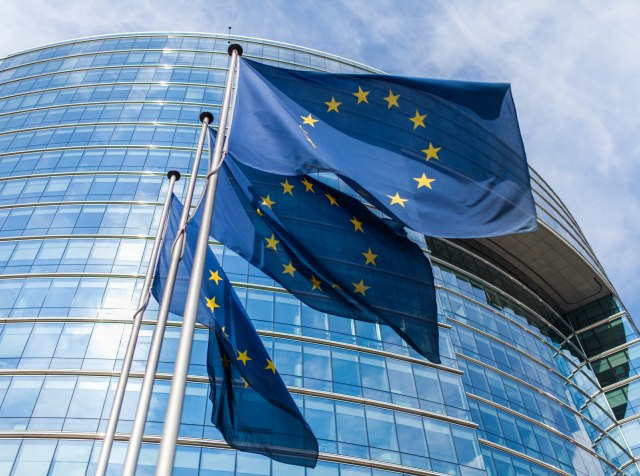
"EU will not explicitly ask Serbia to recognize Kosovo"
Krstic emphasizes that even five EU Member States do not recognize Kosovo's independence, nor does he expect a change in the format of the talks - organizing an international conference to address the Kosovo problem, for instance."It is possible for the EU to take the standpoint that reaching compromise solution is necessary as soon as possible, and that it 'directs' Serbia towards giving up any idea of a territorial exchange, demarcation, division of Kosovo or any other option that involves changing borders", Krstic stated for Tanjug.
Reacting on President Aleksandar Vucic's statement that he "heard from the Americans that the Union had changed its stance and could seek recognition from Serbia," Krstic says that the EU will not explicitly formulate a request for recognition of Kosovo, as this would not be acceptable to either Spain or other EU countries that do not recognize Kosovo and Metohija's independence.
Asked if the framework of the talks could be changed, Krstic believes that the negotiations will continue within the existing technical and political dialogue under the EU's auspices, as this implies the presence of the United States, but so far it has been at a less visible and lower level.
"I think that the US presence in the dialogue will now be at a higher level and that bilateral and multilateral meetings between Belgrade and Pristina will be intensified, and the so-called 'shuttle diplomacy' led by US and EU mediators will play a very important role", Krstic explains.
By appointing a Special Envoy for the Belgrade-Pristina dialogue, United States have indicated that they intend to take a more important role in the process, but that this does not mean that the EU will withdraw.
"The EU will continue with the same, if not greater, intensity to engage in this dialogue because certainly the final outcome is related to the EU's accession negotiations with Serbia through Chapter 35, which requires Belgrade to normalize relations with Pristina in order for Serbia to become EU member", Krstic stated.
Regarding Moscow's role in resolving Kosovo problem, Krstic says that much will depend on the Russian Federation as well, because, as he stated, if finalizing the deal implies the membership of Kosovo in the United Nations, it would imply that Moscow does not put a veto on such a decision.
"Russia has to be talked to and it will also be an actor involved in the implementation of the deal, if it comes to it, which implies a chair for Kosovo at the UN", he says, adding that he does not believe that Russia will enter the negotiations in the way EU and US had done.
"Russia will not, in this sense, formally be part of the dialogue, but essentially, it will be involved", Krstic concluded.










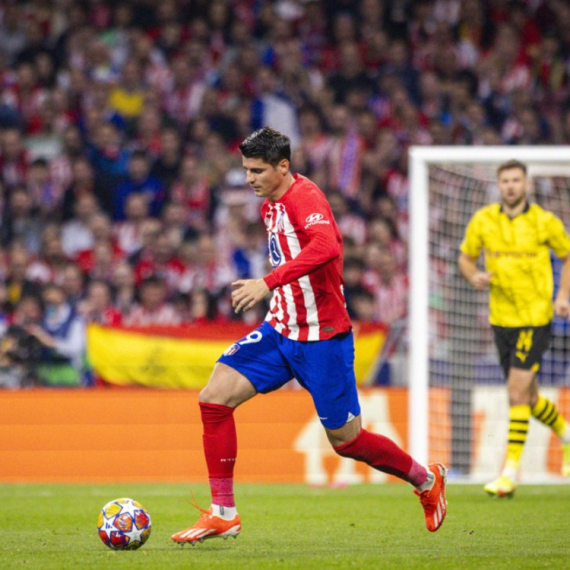

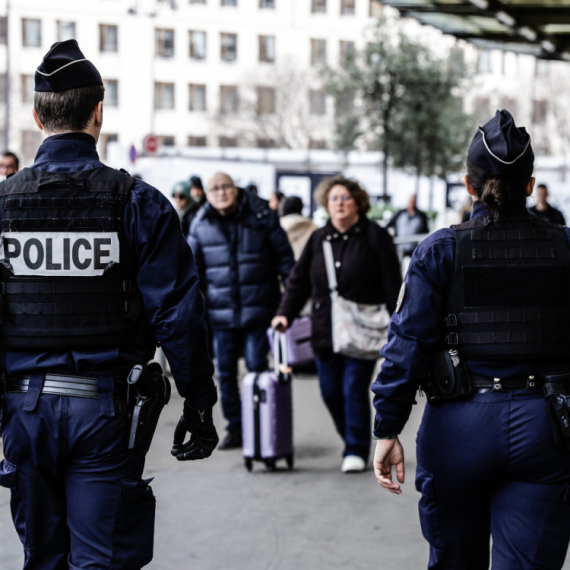
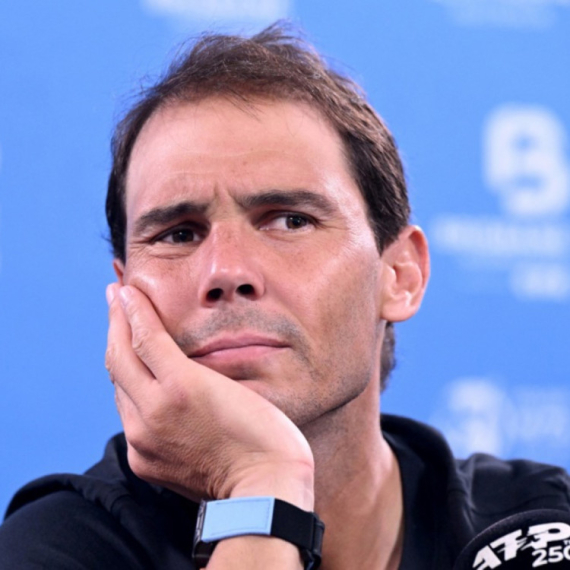
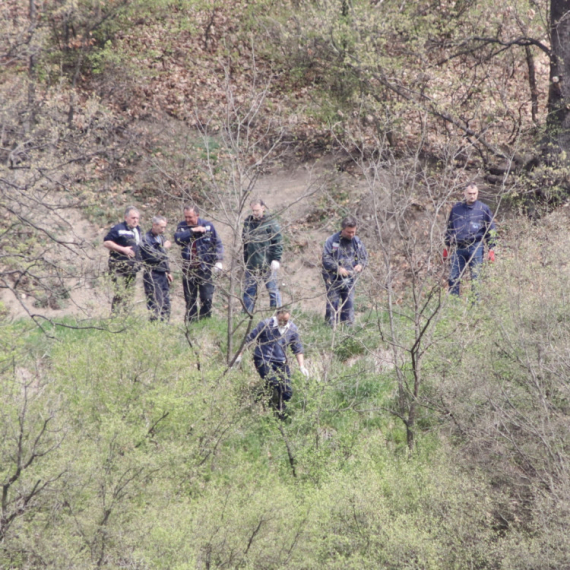
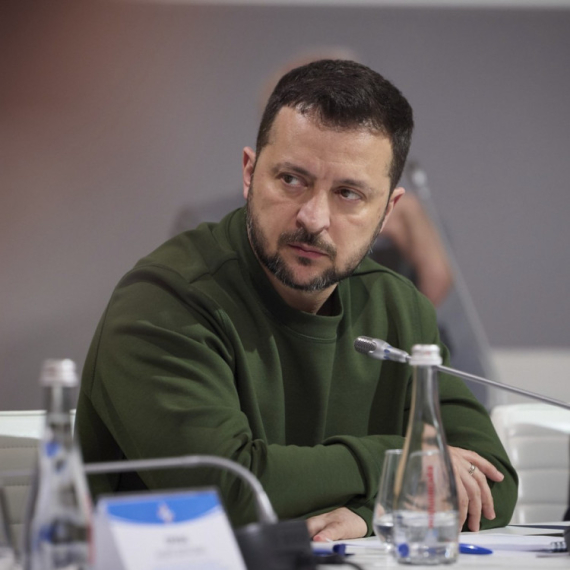
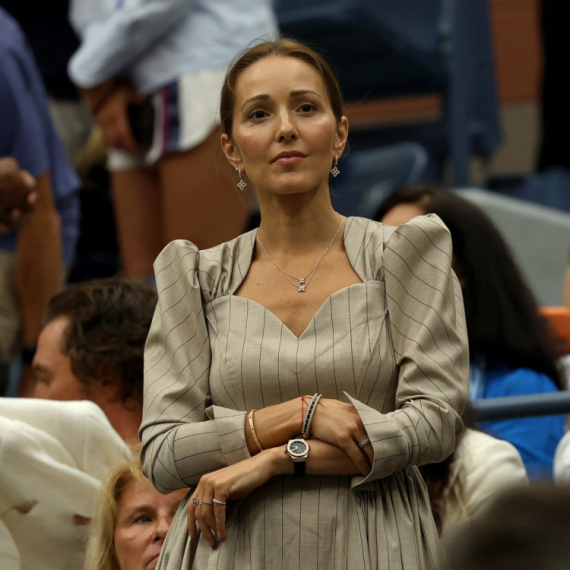


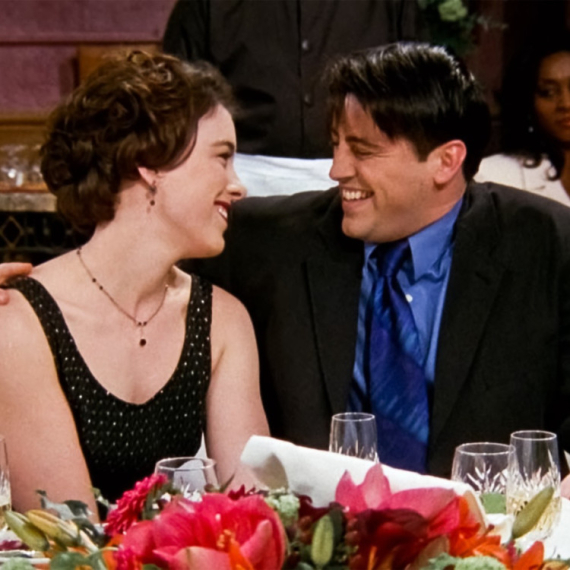






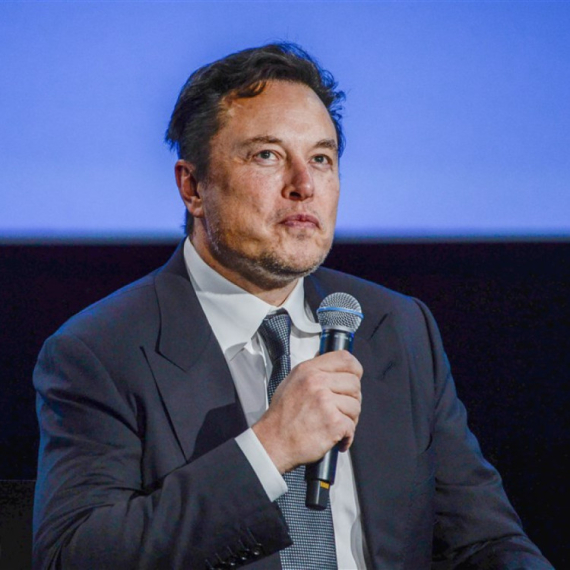




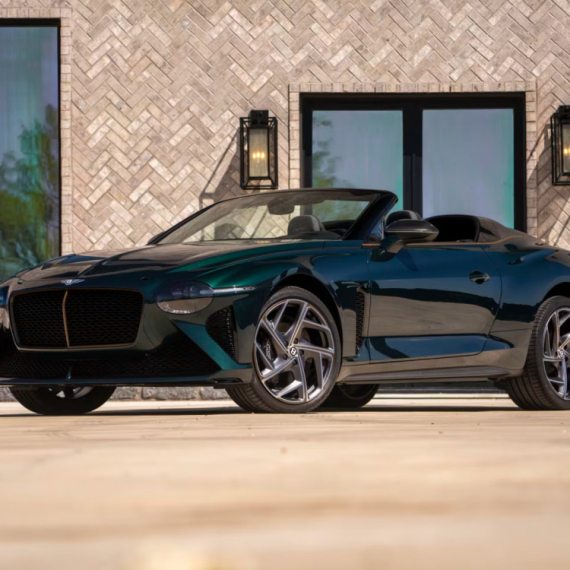


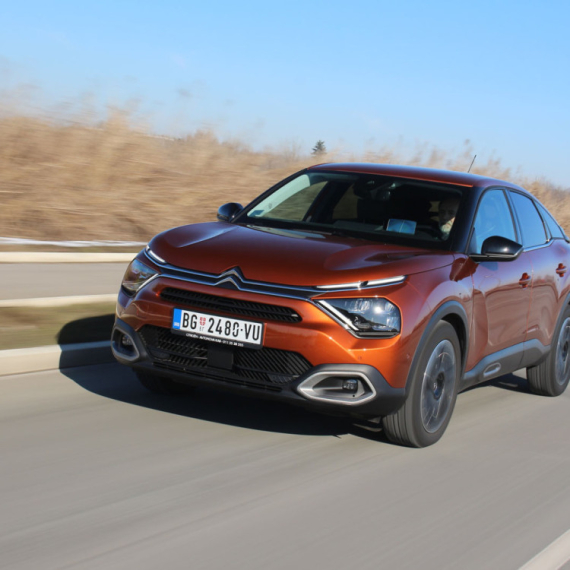

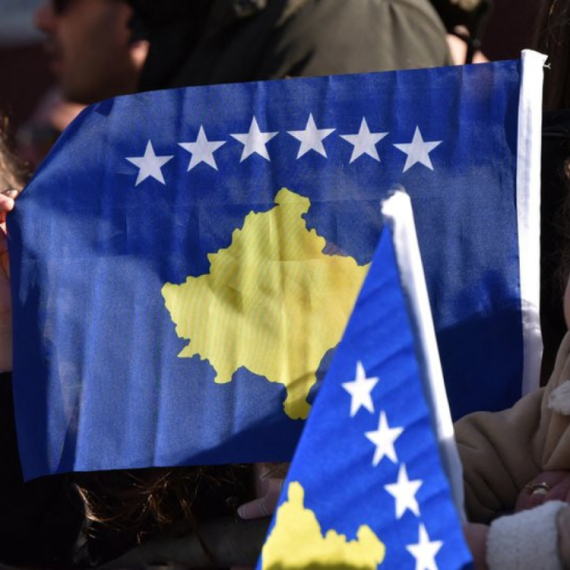





Komentari 7
Pogledaj komentare